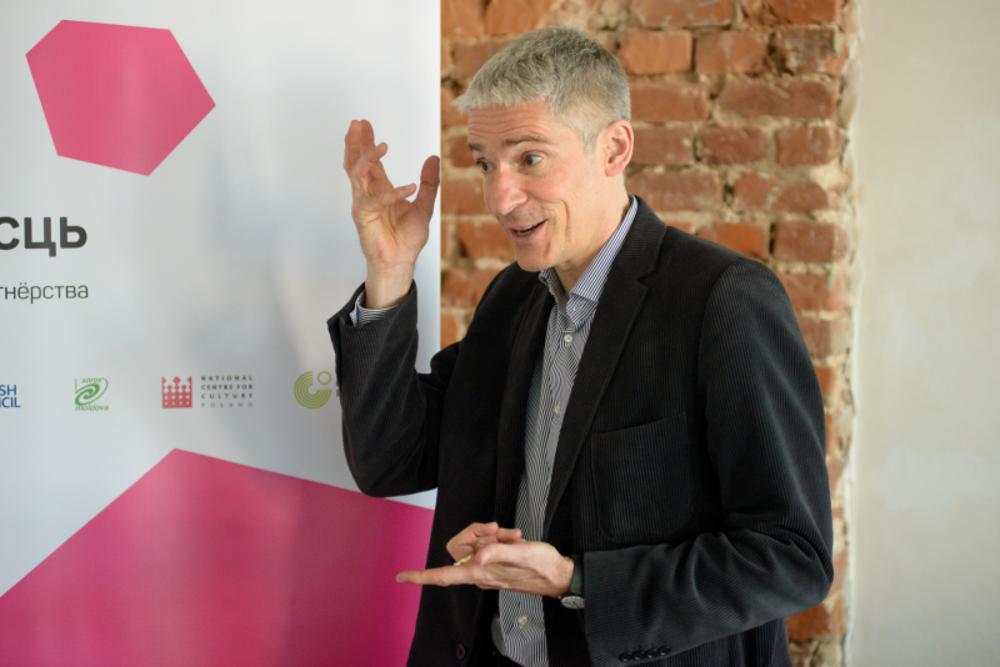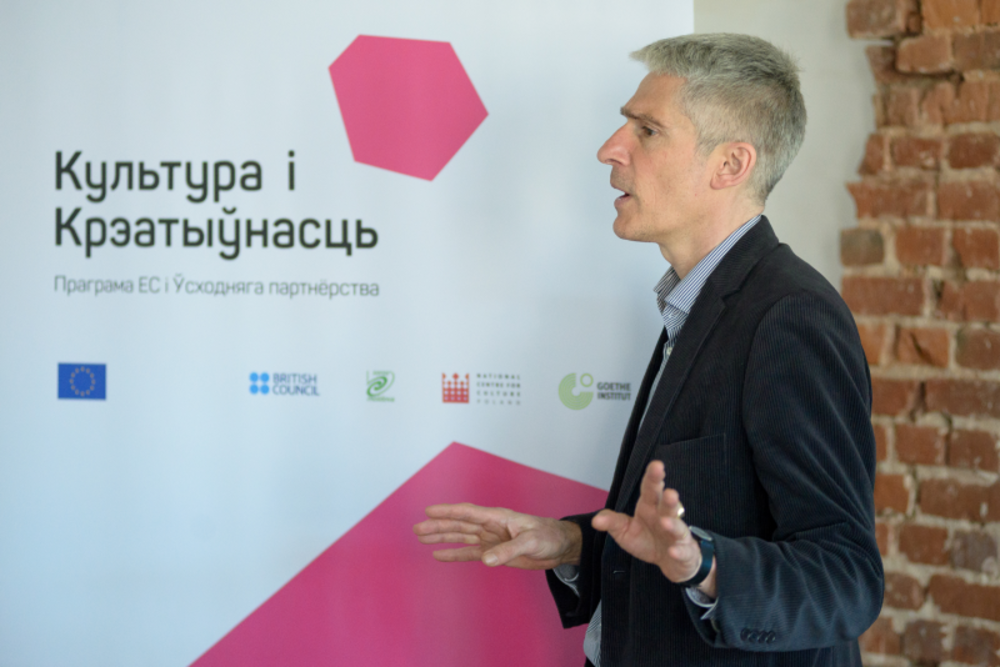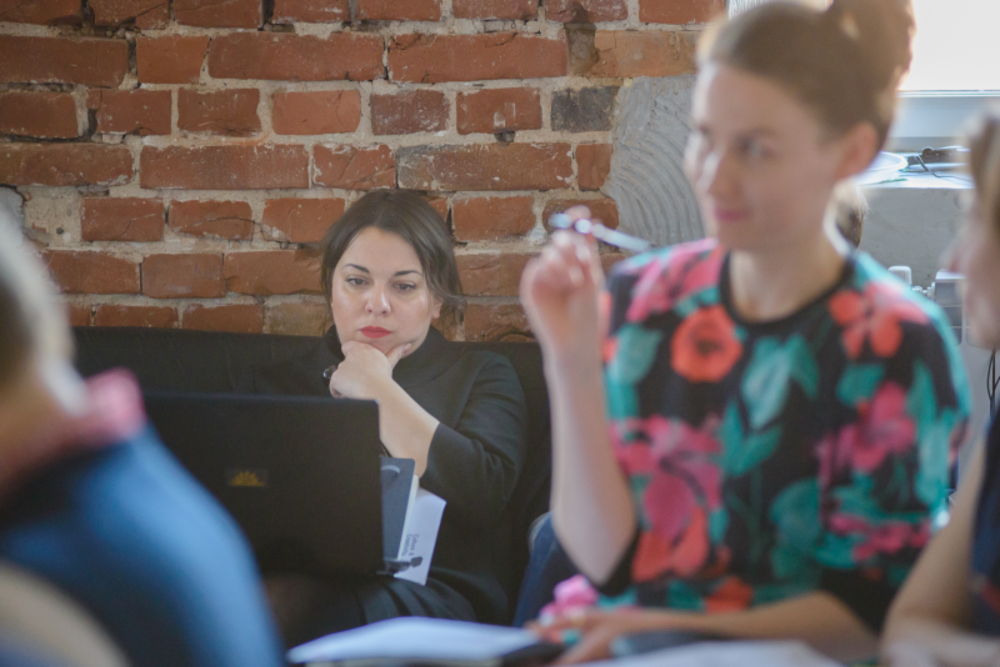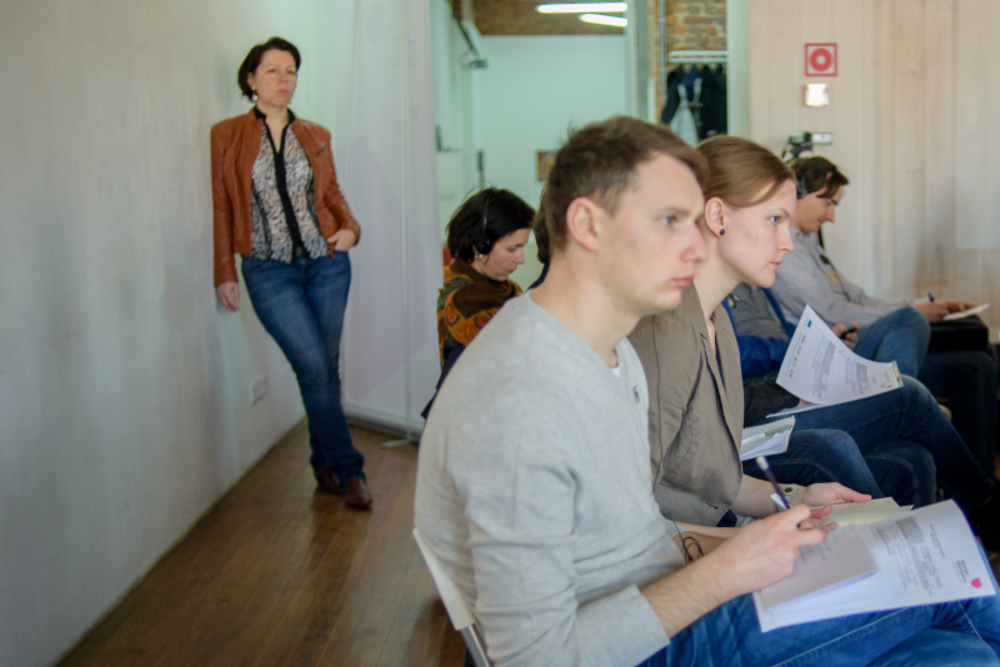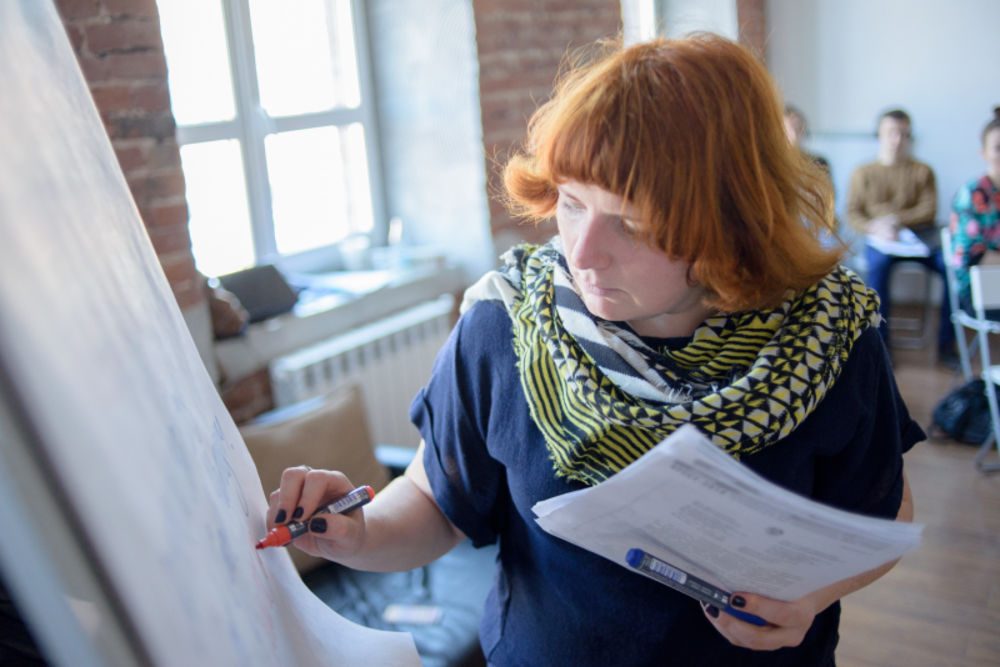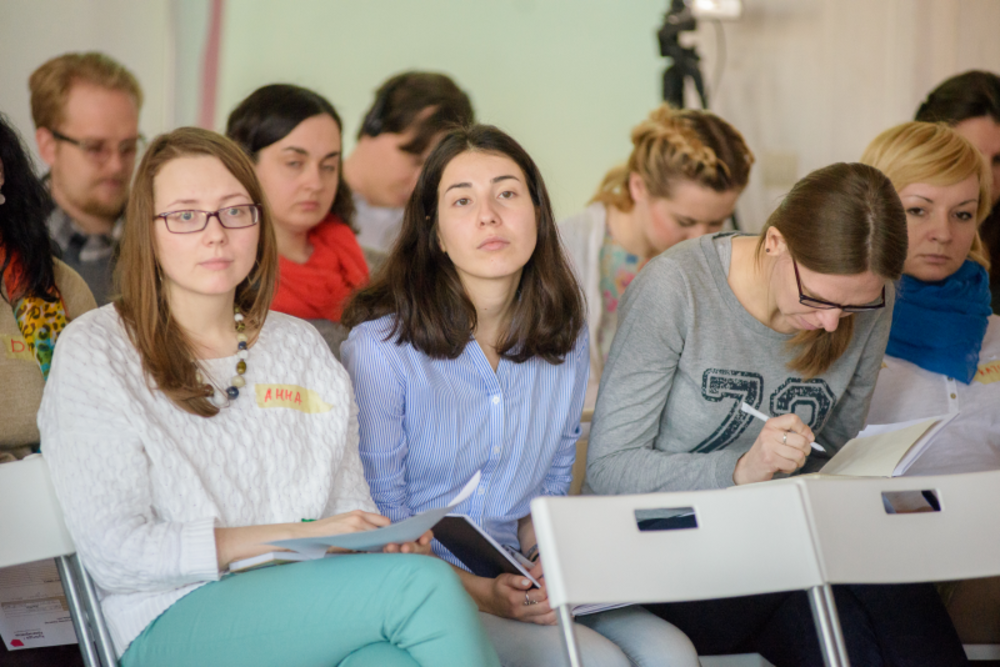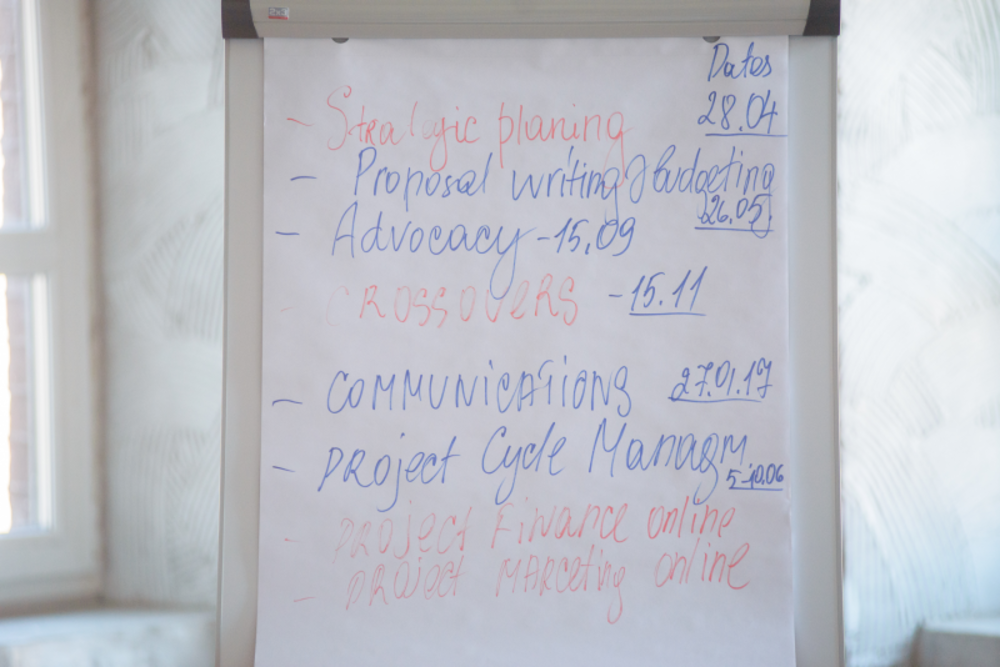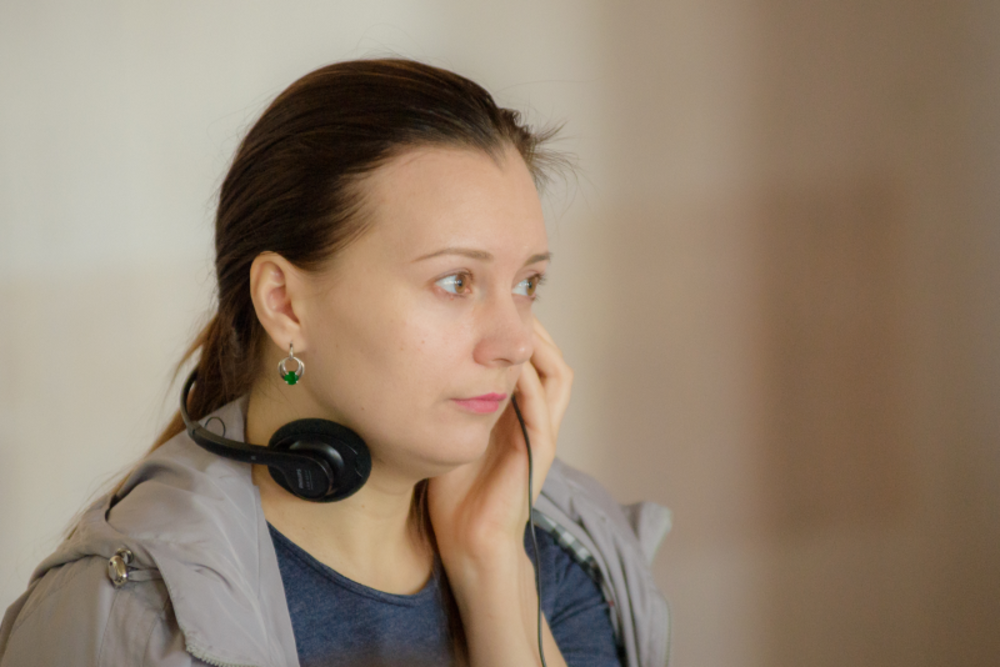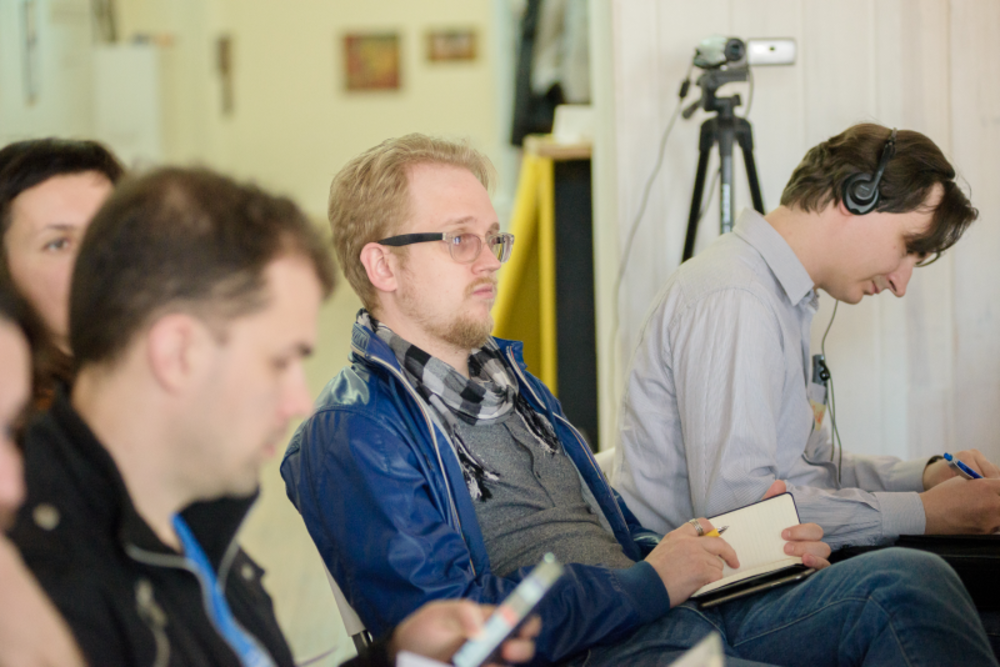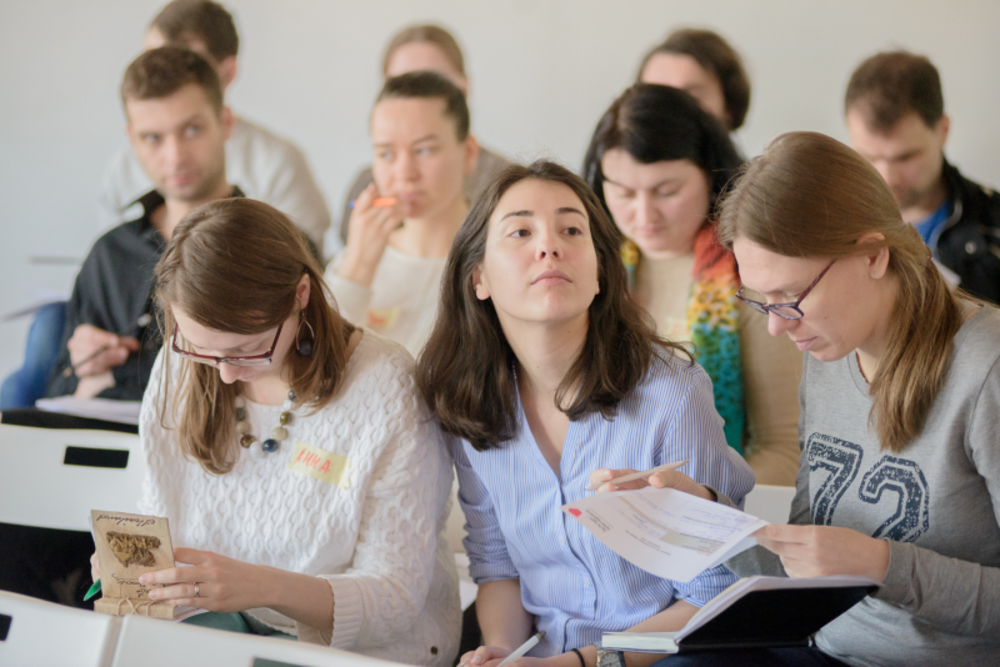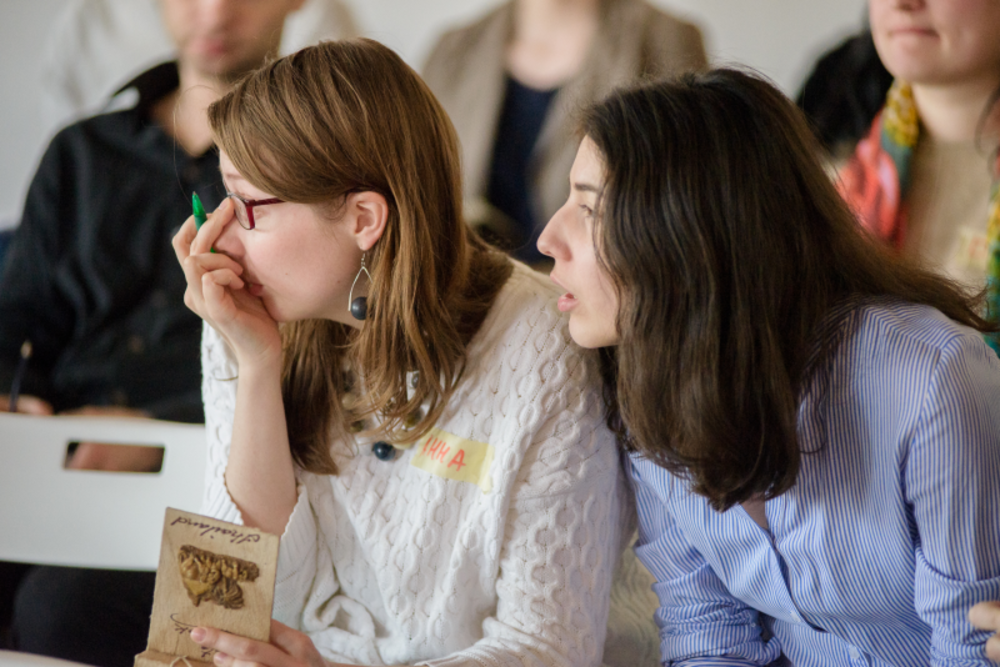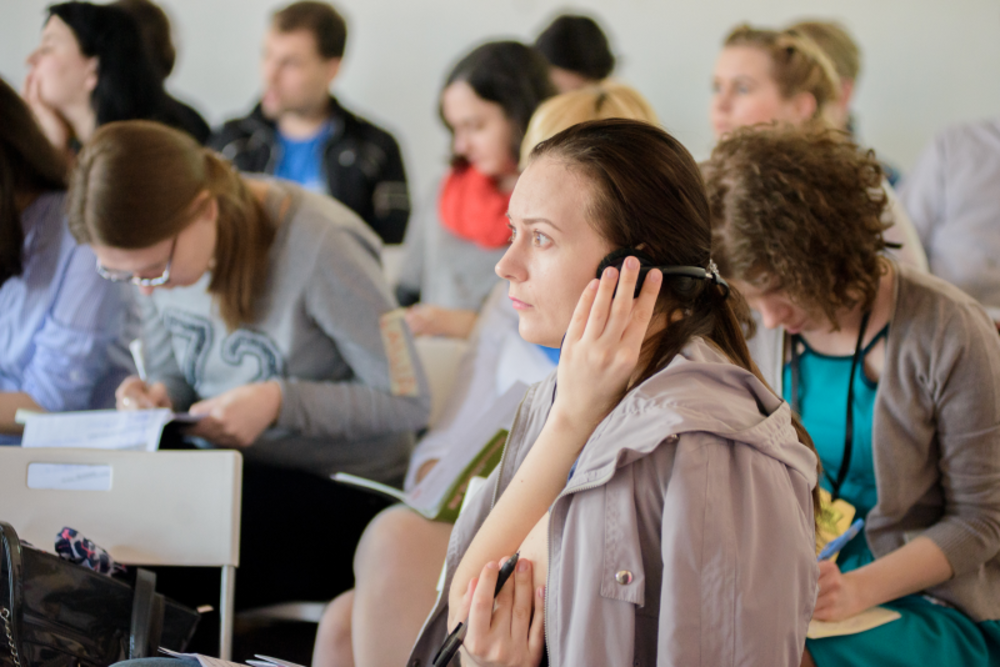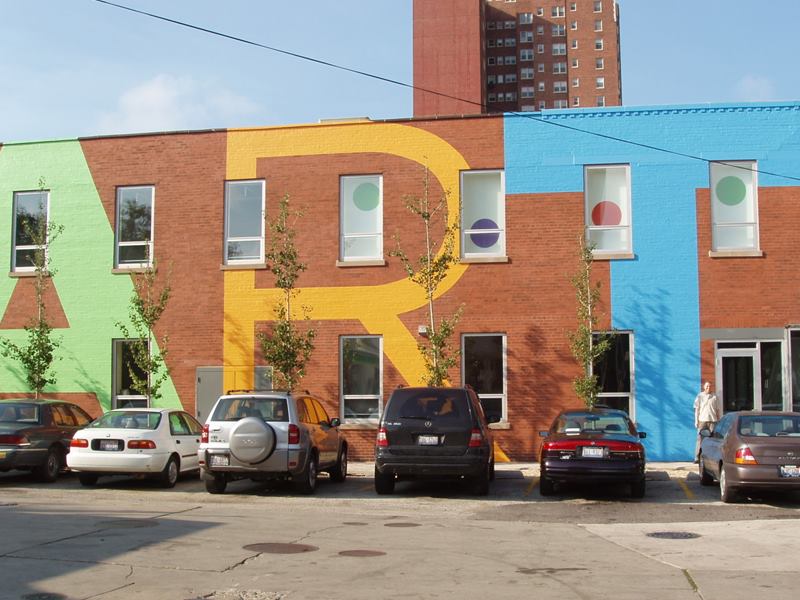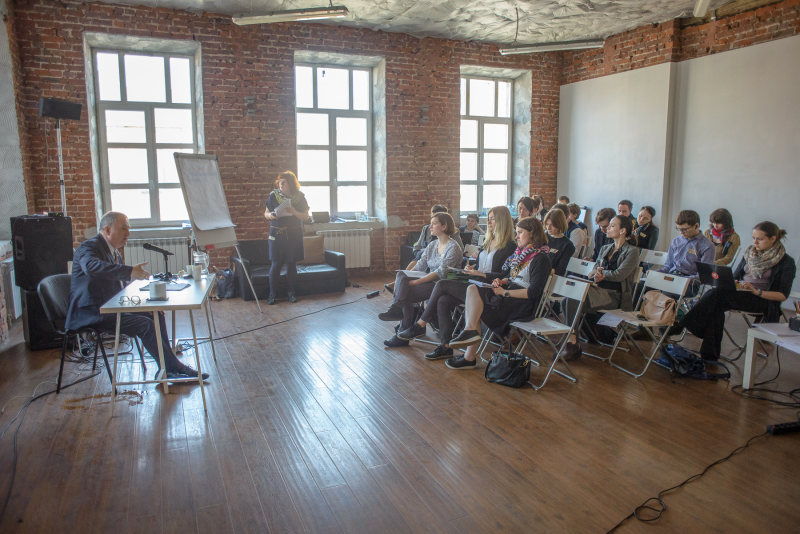
“Tone down your personal interests”
According to the expert, the basic qualities of a leader in the field of culture are: trust, the desire to share information and emotions, ability to take risks and empathise, work in a transparent and open way, find and put across the main message of his or her work and the entire project.
“Ask! If you’re managing a project, you should always be asking and consulting. Don’t pretend to know everything. And then there’s passion! In our work nothing works better than passion”.
According to Mikko Fritze, in the course of implementing the Tallinn: European Culture Capital project in 2011, the biggest challenge was finding common ground with the local authorities and earning the trust of the capital’s residents. How did the residents of Tallinn become not only viewers but also participants?
“In Estonia, everybody sings. I’m German and my wife is from Argentina, and even our German/Argentinian children have learned to sing always and everywhere. In my work, we used this cultural feature of the country and turned to the Choir Competition with our ideas, which is the most popular programme on Estonian television. It worked.”
“In Estonia, strong leaders are respected. People count on an authoritative leader and do not take seriously those who seem soft to them. It was expected that I would resolve everything and it was quite difficult to get across that it wasn’t so. I didn’t have any particular privileges. I was open, would invite my team to my house, talked to them and cooked for them.”
“Let things take their course. To implement a cultural project is not the same as assembling a tractor or promoting a new brand of soap on the market. Everything is continually changing. That is why it’s important to be open. To work in Estonia, I learned the language, fell in love with the country, realised how important singing and theatre were for Estonians, and ‘toned down’ my personal interests.”
“We used new cultural formats, organized events and festivals, which are being held in Tallinn to this day. New art spaces have emerged, exhibitions were held. We built the biggest straw theatre in the world. It was a good year. We did a lot in the city and for the city.”
Taken from a meeting that took place on 6 April 2016 in Minsk within the framework of the EU-EaP Culture and Creativity Programme.

